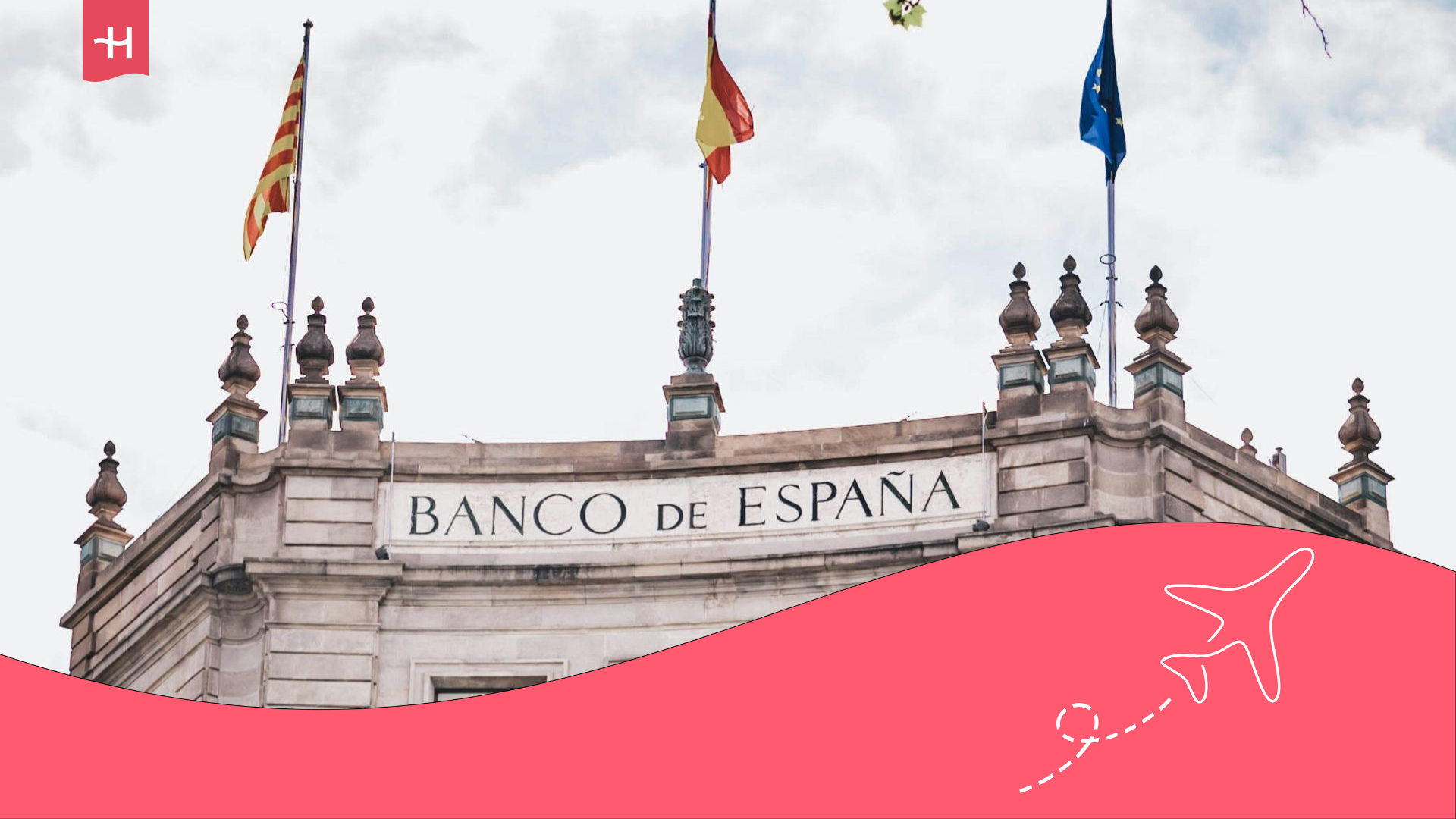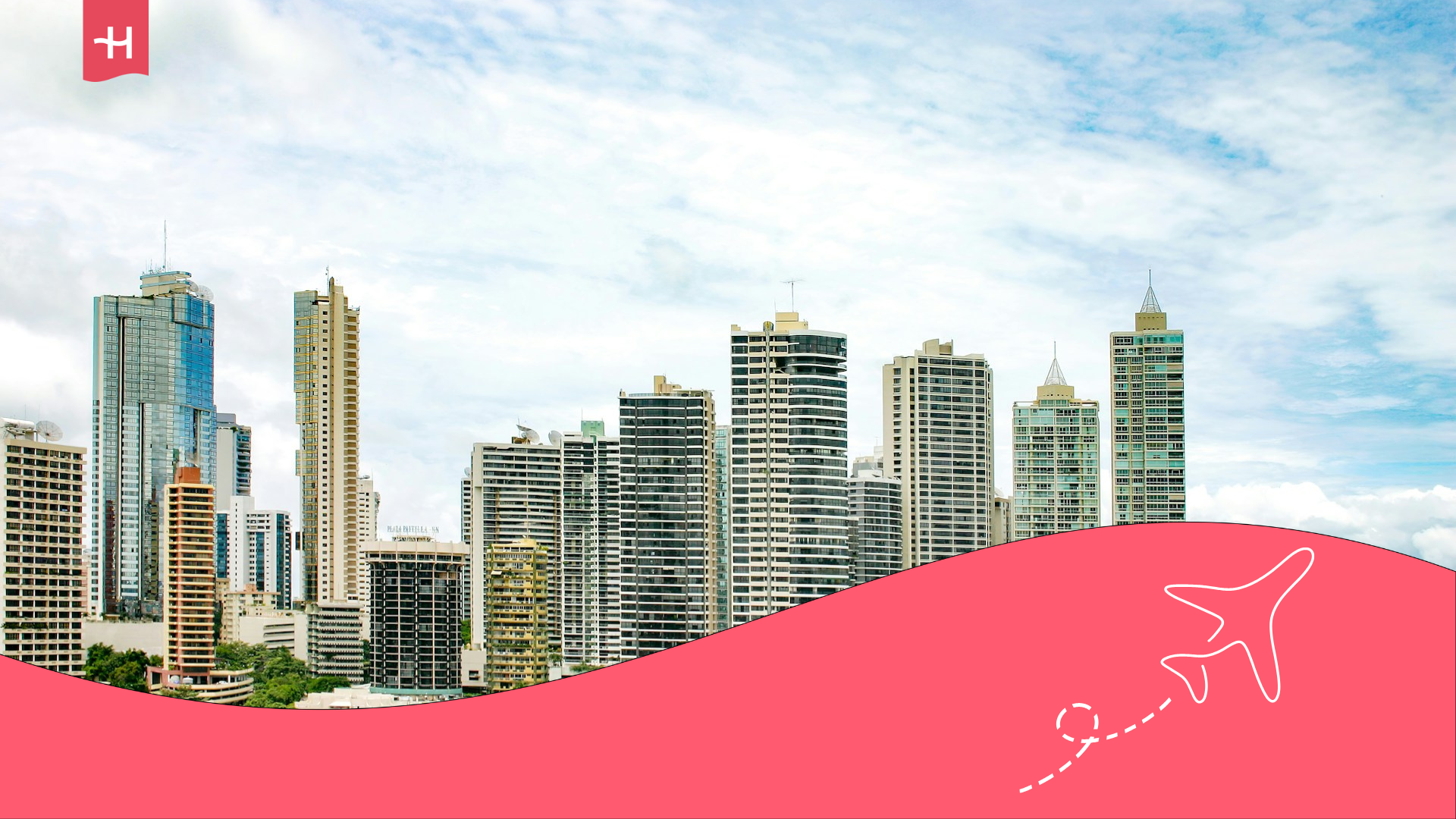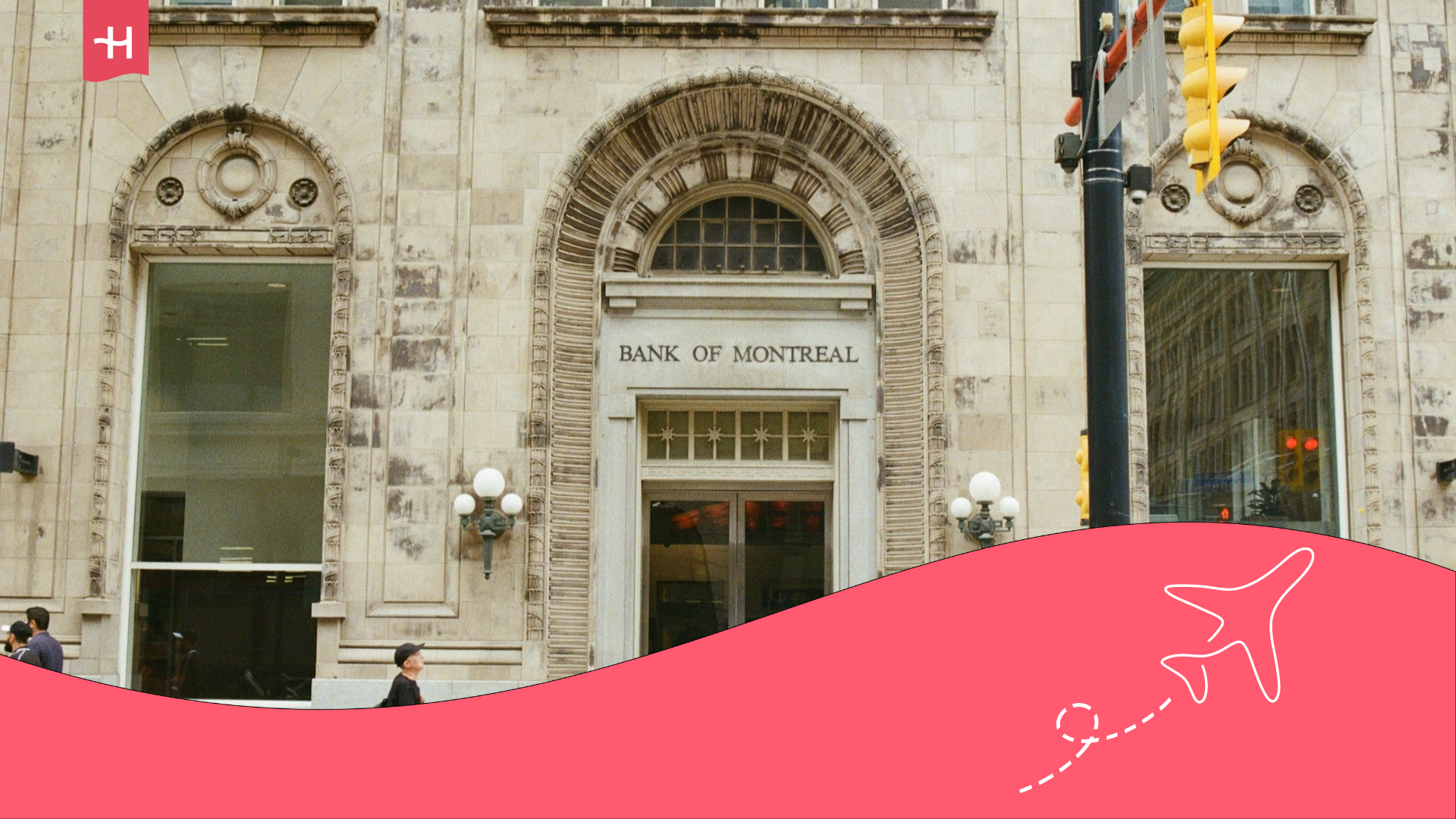Cost of living in Luxembourg: Food, transport, and more
Would you like to know the cost of living in Luxembourg in 2025? We provide prices for accommodation, food and leisure so you can calculate it yourself.
The cost of living in Luxembourg is one of Europe’s highest. That won’t surprise anyone. But what does it mean in numbers? How much money would someone need to live in this small country of only 672,050 people? If you’re considering it as a destination, you’re in the right place, because today we’ll share real prices.
So you can calculate before moving, we’ve researched costs for housing, food, and transport. Also, other expenses like internet and healthcare. Do you want to know if you can afford life in one of the world’s richest nations? Join us to find out.
1. Average cost of housing in Luxembourg
Let’s begin with the biggest monthly expense: housing. If you’ve checked rental sites like AtHome.lu, you’ll know it’s expensive. Prices are high, and rents rose between 5% and 10% over the last year.
As everywhere, costs depend on location. Living in central Luxembourg City isn’t the same as nearby towns like Esch-sur-Alzette or Differdange. To give you a better idea, here are real prices for different accommodation types:
1.1. Cost of living in Luxembourg: furnished flats
As mentioned, location matters. City centre flats cost more than suburban ones. Still, renting a furnished flat almost anywhere costs more than in most European countries. Reference prices include:
- Luxembourg City (centre and Kirchberg): from €2,000–2,700 ($2,160–2,920) monthly.
- Residential areas (Belair, Limpertsberg): between €1,600–2,300 ($1,730–2,490) monthly.
- Esch-sur-Alzette and nearby towns: from €1,300–1,800 ($1,400–1,950) monthly.
1.2. Co-living spaces
Although Luxembourg isn’t a hotspot for digital nomads, coliving spaces are increasing. They give expats flexible stays without long contracts. Prices vary by services, type of room, and location. Average monthly costs:
- Luxembourg City (centre and Kirchberg): €1,500–2,200 ($1,620–2,380).
- Residential districts: from €1,200 ($1,300).
- Nearby towns: from €1,000 ($1,080).
1.3. Airbnb
Airbnb is also an option. However, rates are high and cleaning fees apply. We found higher prices than many European countries. Here are a few standout examples you should know for 2025:
- Luxembourg City: from €100–180 ($110–195) per night.
- Nearby towns: €80–120 ($86–130) per night.
- Estimated monthly stay: €3,000–5,400 ($3,250–5,850).
1.4. Hotels
Hotels in Luxembourg aren’t cheap, especially in the capital. Still, they’re useful for short stays while searching for permanent housing. Booking searches show:
- 3-star hotels: from €120–180 ($130–195) per night.
- 4-star hotels: €180–250 ($195–270) per night.
2. Cost of living in Luxembourg: Food
Now let’s check food costs. Eating in Luxembourg isn’t cheap either. Cooking at home is cheaper than dining out, but expect food to cost around 20% more than in neighbouring countries like Germany or France. Many residents cross borders to shop monthly. That already gives you an idea of food expenses.
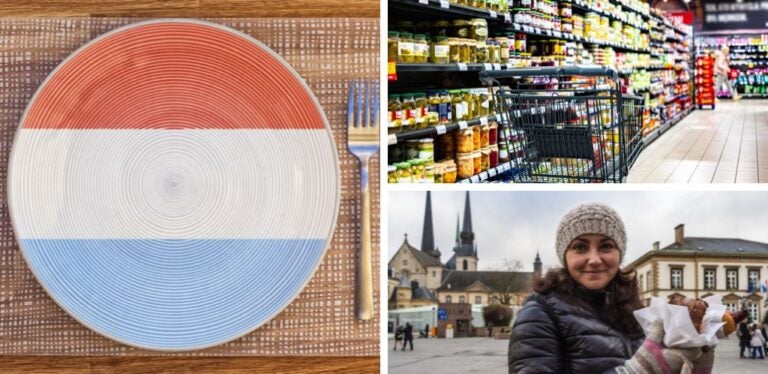
2.1. Supermarket prices
If you want to save, cook at home. Here’s an average shopping basket based on prices from Cactus, Auchan, Delhaize, Lidl, and Aldi:
- Milk (1 litre): €1.43 ($1.36)
- Eggs (dozen): €4.11 ($3.92)
- Chicken breast (1 kg): €12.70 ($12.11)
- Beef (1 kg): €20.99 ($20.02)
- Tomatoes (1 kg): €3.50 ($3.33)
- Local cheese (1 kg): €12.00 ($11.40)
- Pasta (500 g): €1.40 ($1.33)
- Rice (1 kg): €2.80 ($2.66)
- Local beer (0.5 l): €2.00 ($1.90)
- Ground coffee (250 g): €3.50 ($3.33)
- Chocolate (100 g): €2.00 ($1.90)
2.2. Eating out costs
Do you like dining out sometimes? It’s not cheap. Even simple cafés charge high prices. Examples include:
- Breakfast: coffee with croissant or toast €5–8 ($5.40–8.60). A fuller option with eggs, juice, and coffee €12–15 ($13–16).
- Lunch: daily menu €18–25 ($19–27). Fast food or cafés €12–15 ($13–16).
- Dinner: mid-range restaurants €35–50 ($38–54). Fine dining from €70 ($75).
Although tips aren’t mandatory, rounding up or leaving 5–10% is common for good service.
3. Transport prices in Luxembourg
Transport prices in Luxembourg One interesting thing about Luxembourg is that buses, trams, and trains are free since 2020. Residents and visitors travel at no cost. Only first class requires €3 ($3.25). The infrastructure is modern and efficient. Prefer private transport? Let’s check 2025 prices:
3.1. Private transport: Uber and taxis
Taxis and Uber rides are expensive compared with many European countries. Approximate fares include:
- Taxi base fare: €3.50 ($3.80).
- Per km: €2.50–3.50 ($2.70–3.80), depending on city and time.
- 10 km Uber ride: €20–35 ($21.60–37.80).
3.2. Fuel and electric car charging
Petrol prices in Luxembourg are among the lowest in Western Europe, thanks to low fuel taxes. Approximate costs:
- Petrol (95 octane): €1.45 ($1.56).
- Diesel: €1.40 ($1.50).
- Electric charging: €0.25–0.35 ($0.27–0.38) per kWh.
The country already has more than 800 public charging stations, many in car parks and shopping centres.
3.3. Buying a car and insurance
If you’ll stay long term and buy a car, consider insurance costs. Approximate expenses:
- New car (Toyota Corolla or similar): €25,000–30,000 ($27,000–32,500) per kWh.
- Basic insurance: €500–1,200 ($540–1,300) annually.
- Electric car insurance: 10–20% higher than petrol cars due to battery costs.
Transport is one of the few areas to save in Luxembourg.
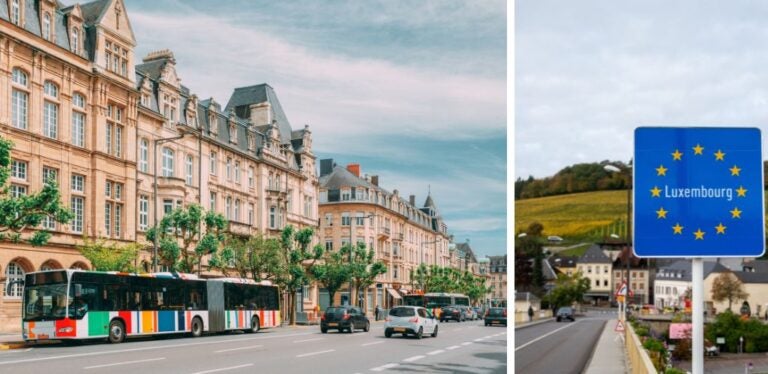
4. Healthcare costs in Luxembourg
Luxembourg has one of the most efficient healthcare systems in Europe. But it is not free for everyone. While residents have access to the Caisse Nationale de Santé (CNS), health insurance is mandatory. In some cases, it is also recommended to take out additional private health insurance.
If you are planning to move to Luxembourg, healthcare is a key aspect to consider. Luxembourg has one of Europe’s most efficient healthcare systems. But it’s not free for everyone. Residents use the Caisse Nationale de Santé (CNS). Health insurance is mandatory, and many take private policies for extra cover. How much does a medical consultation cost? What about private insurance? Let’s take a look.
4.1. Private health insurance
CNS reimburses 70–90% of medical costs. Still, many prefer private insurance for full coverage or extras like private rooms. Approximate 2025 prices for international health insurance:
- Basic cover: €50–100 ($54–108) monthly.
- Standard cover: €100–250 ($108–270) monthly.
- Premium cover: €250–500 ($270–540) monthly.
4.2. Consultations and treatments
Without full insurance, these are approximate private costs in 2025:
- General consultation: €50–100 ($54–108) per kWh.
- Specialist consultation: from €100 ($108).
- Emergency visit without admission: €200–600 ($216–650) per kWh.
- Hospital stay (1 day): €600–1,500 ($650–1,620) per kWh.
- Appendicitis surgery: €6,000–12,000 ($6,500–13,000) per kWh.
- Natural birth: €4,500–8,000 ($4,900–8,600) per kWh.
- Caesarean: up to €12,000 ($13,000).
5. Internet and mobile plans in Luxembourg
Luxembourg has excellent telecom infrastructure, with wide fibre coverage and some of Europe’s fastest internet. Options include:
5.1. Cost of living of Luxembourg: fixed internet
Main providers offer fibre and ADSL plans, usually pricier than in neighbouring countries. Although prices are higher than in neighbouring countries, these are some of the most popular plans: Here are some notable examples:
- Post Luxembourg (fibre up to 1 Gbps): from €49.99 ($54.20) monthly. It usually includes a router and the possibility to combine with television and phone services.
- Tango (fibre up to 1 Gbps): from €45.00 ($48.80) monthly.
- Orange Luxembourg (4G home internet): from €39.00 ($42.30) monthly.
5.2. Mobile plans: calls and data
Several options include calls, texts, and 4G or 5G data. Examples:
- Tango Smart XL (unlimited data, calls, texts in EU): from €49.00 ($53.10) monthly.
- Post Luxembourg Mozaic L (100 GB, unlimited calls, texts in EU): from €39.99 ($43.40).
- Orange Luxembourg Hello Europe (40 GB, unlimited calls in Luxembourg and EU): €29.99 ($32.50).
5.3. Global internet plans
If you’ll also travel across Europe, a global internet plan may suit you better. Holafly is an interesting alternative. Holafly offers unlimited data monthly plans usable in Luxembourg and over 160 countries. Options include:
- 25 GB for $49.90 monthly.
- Unlimited data: $64.90 monthly.
- With Holafly you can also get unlimited data via an Luxembourg eSIM. Choose the days you need, keep your SIM, and avoid roaming costs. best esim internet for digital nomads
Important: If you are a frequent traveler and want to stay connected without worrying about expensive roaming or looking for a new SIM at every destination, Holafly’s subscription plans are for you. With a single eSIM, enjoy internet in more than 160 countries for a fixed price and no surprises on your bill. Travel without limits and connect easily and securely! 🚀🌍

6. Cost of living in Luxembourg: Leisure
Luxembourg offers many leisure options despite its size. You’ll want to explore cultural events and entertainment. Approximate prices include:
6.1. Cinema and theatre
Cinema tickets cost €10–12 ($11–13). Theatre or opera tickets at Grand Théâtre or Théâtre des Capucins range €25–80 ($27–88).
6.2. Parks and zoos
Esch-sur-Alzette animal park:
- €8 ($8.80).
- Parc Merveilleux (Bettembourg):
- €10 ($11). Wiltz Gardens: free entry.
6.3. Streaming and TV
Do you also want to enjoy your free time at home? Here are some of the main streaming platform prices:
- Netflix (standard plan without ads): €13.99 ($15.30) per month
- Disney+: €8.99 ($9.85) per month
- Spotify Premium: €10.99 ($12) per month
- Amazon Prime Video: €6.99 ($7.65) per month
- HBO Max: €9.99 ($11) per month.
- POST Luxembourg: TV packages from €10 ($11) per month, with higher prices if you add more channels and services.
6.4. Entry to major tourist sites
Have you seen how many tourist attractions Luxembourg has to offer? The price you will have to pay for some of the most popular ones is:
- Vianden Castle: €10 ($11) for a general ticket.
- Bock Casemates (the city’s ancient fortifications): €8 ($8.80).
- National Museum of History and Art: free entry for permanent exhibitions, €7 ($7.70) for temporary exhibitions.
- Grand Ducal Palace (guided tours only in summer): €14 ($15.30).
You can also save money with the Luxembourg Card, which costs €20 ($22) for one day and gives free access to many attractions.
With these entry prices for leisure activities, we complete our overview of the cost of living in Luxembourg in 2025. As you may have noticed, it is a country with a high standard of living. However, if you have a good salary or can benefit from tax advantages for certain professionals (read more in our post about taxes in Luxembourg), it can be a very interesting option.





 Language
Language 


















 No results found
No results found




